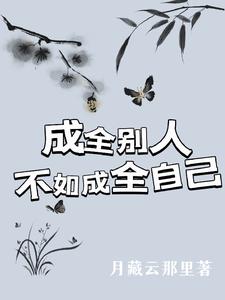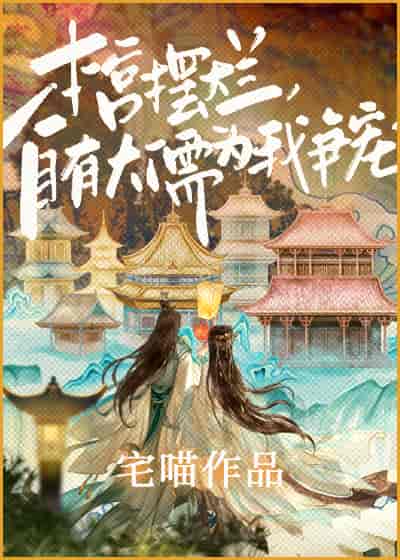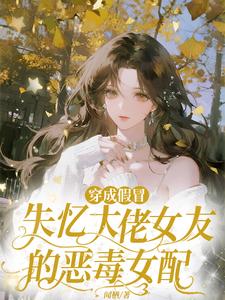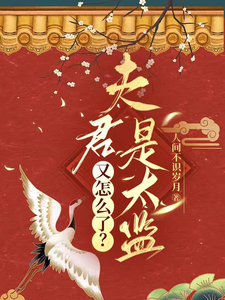After returning home, Nan Sheng began tending to her daughter—washing her face, combing her hair, and preparing a meal.
Before the heat of the day set in, she lit the stove to boil a pot of mung bean soup, planning to chill it later with well water for a refreshing summer drink.
She wondered how many days it would take for the government and the black market to master ice-making techniques.
As for Yu Sheng, Nan Sheng didn’t dwell on him. That man would rather die than tarnish his reputation; he wouldn’t dare show his face again anytime soon.
If not for her fear that the Bai family might return unexpectedly, she would have taken her daughter back to her parents’ home for a visit—and maybe even enjoyed a laugh at the male lead’s expense.
At noon, Nan Sheng and Qiqi each drank a bowl of mung bean soup before taking a nap. When she woke, something felt off—why was the sky so dark?
She checked her watch. It was only 2:30 in the afternoon. This must be the ominous sign before a drought, just as the books had described.
For two whole days, dark clouds loomed over Huaishan County, fooling the villagers into expecting rain. But in the end, their hopes were dashed.
For those unaware of the unfolding events, these two days would be unbearable. With the sky so overcast, how could there be a drought? The debates would surely flare up again.
Nan Sheng was right. The moment the sky darkened, the entire county erupted in celebration—only to quickly turn to fury, blaming the government for its inaction.
"If we’d just waited two more days, the rain would’ve come! Why did they have to destroy our farmland?"
The village chief’s wife was frantic. "Husband, didn’t you say there’d be a drought? This looks more like rain!"
The chief remained calm. "That’s even better. A good rain now means healthier crops and a better harvest in the fall."
But his wife couldn’t shake her worry. True, rain would help—but if it came now, her husband would lose his position as chief and be branded a villain by the entire village.
How could their family stay in the village after that?
"This is all Lin Guozheng’s fault! If he hadn’t suggested destroying the extra farmland to the town head, none of this would’ve happened. Why should my husband bear all the blame while he walks away unscathed?"
Before evening fell, trouble erupted in the village. A neighbor rushed to Nan Sheng with news: "Lin Han’s wife, hurry to the brigade office! A bunch of young folks are pressuring the chief to strip your father-in-law of his position as brigade leader!"
"Why?" Nan Sheng hadn’t expected the first backlash to strike the Lin family.
"Word got out that your father-in-law proposed destroying half the farmland. People are furious. I don’t know how things escalated like this…"
By the time Nan Sheng reached the brigade office, the crowd was in an uproar.
"Why shouldn’t he be removed? Lin Guozheng doesn’t deserve to be brigade leader! He’s starving the whole village! And that daughter-in-law of his—if she hadn’t blabbed about a drought, would we be in this mess?"
"Exactly! It’s all the Lin family’s fault! We demand a new brigade leader!"
The faces of the young villagers, once familiar, now twisted with hostility. The chief felt a pang of heartache. "Who told you this was Old Lin’s idea?"
His gaze swept over the brigade leaders. Nan Sheng wouldn’t betray her own family, and Zhou Ren and the others clearly had no clue—they’d only just arrived.
Then it hit him. That night he’d returned, he’d mentioned it to his wife. But surely she wouldn’t…?
She knew better than anyone his bond with Old Lin.
"Quiet! Listen to me!" the chief bellowed. "I know you’re angry, but the order to destroy the crops came from the town leaders. I, Feng Wuquan, was the one who carried it out. Why blame Old Lin?"
His eyes locked onto the troublemakers—mostly hotheaded young men and petty wives.
"I’ve been village chief since I was thirty. For nearly twenty years, I’ve treated everyone fairly.
Back when our village had little farmland, I led your parents to dig ditches and expand the fields so you’d have food and clothes.
When the village was too poor to afford fertilizer, Old Lin and I knelt before the commune leaders every year, begging for credit. For five years, we endured the shame while other chiefs watched. Did we ever take an extra grain for ourselves?
Today, even if the whole village gathered here, you’d have no right to remove me or Old Lin from our posts—unless we choose to step down ourselves!"
Silence fell over the crowd. Whether from shame or speechlessness, no one uttered a word.
Then a voice rang out from the entrance: "Well said!"
It was Uncle Chen Si, five years the chief’s senior. Just days ago, he’d been among those cursing the chief. Now he stood with a group of elders, their weathered faces stern. They’d lived through hardship together—no grudges held, but no tolerance for foolishness either.
And he hadn’t expected his own grandson to be among the agitators.
Who did these youngsters think they were? The old guard wasn’t dead yet!
"Gou Shengzi! Get over here!"
Chen Sheng’s heart sank. When his grandfather used his childhood nickname, a beating was guaranteed.
He wasn’t alone. Every troublemaker with an elder present was dragged aside—and the reprimands were far from gentle.
The chief exchanged a glance with Lin Guozheng before hauling his own wife home by the arm. The Lin family didn’t linger either; Nan Sheng took her daughter and followed the others back to the ancestral home.
Lin Guozheng stood rigid, his face unreadable, fury and injustice churning inside him.
"Do you all think the same? That Nan Sheng shouldn’t have warned of the drought? That I shouldn’t have proposed destroying the farmland?"
Eldest Brother Lin frowned. How could that be? But the expressions on his wife and sister-in-law Sun Qian’s faces told another story.
"The drought was predicted by experts! Father acted for the village’s sake. He did nothing wrong!"
Sun Qian muttered, "It’d have been better if the fields weren’t destroyed. Can we really trust the experts?"
So even his own family felt this way?
When things went well, all was harmony. But let one "mistake" be made, and the accusations poured in.
Suddenly, the villagers’ betrayal didn’t sting as much. His own flesh and blood weren’t much better.







